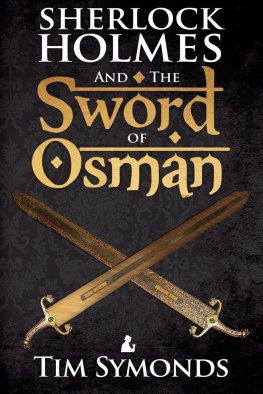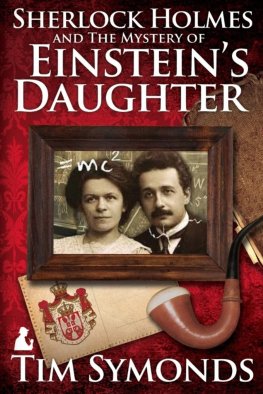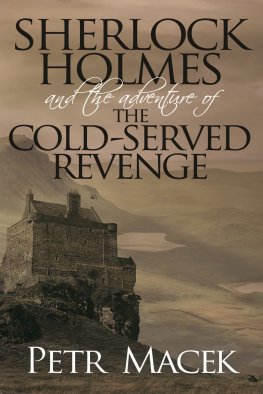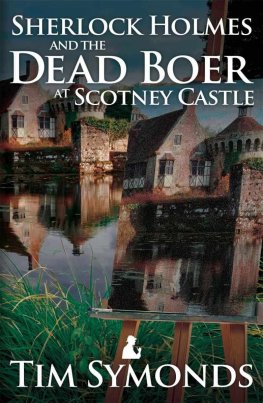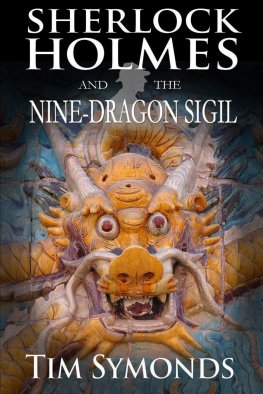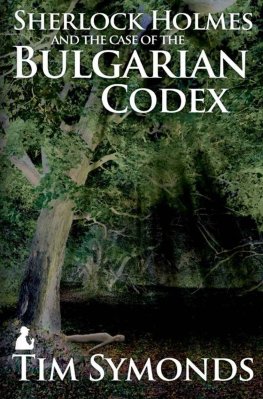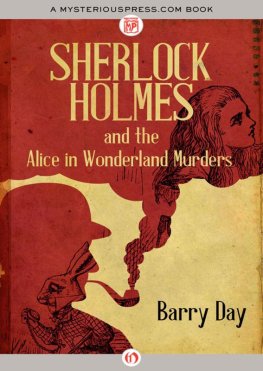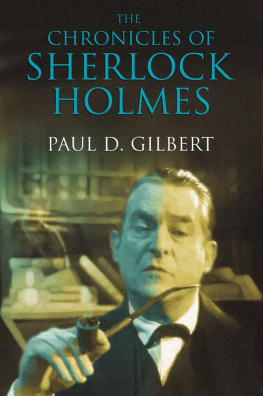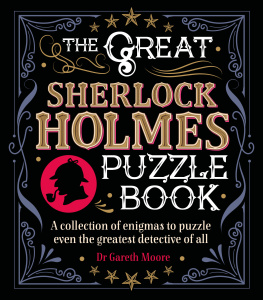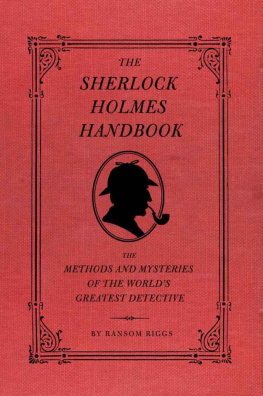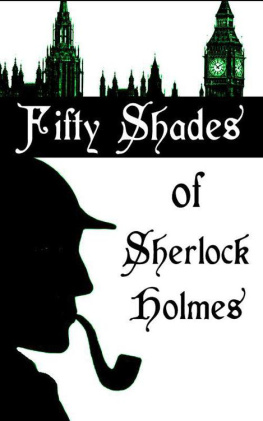Tim Symonds
Sherlock Holmes and The Sword of Osman
Tim Symonds was born in London. He grew up in Somerset, Dorset and the Channel Island of Guernsey. After several years in the Highlands of Kenya and along the Zambezi River and two years in Canada he emigrated to the United States. He studied at the University of California, Los Angeles, graduating Phi Beta Kappa in Political Science. He is a Fellow of the Royal Geographical Society.
Sherlock Holmes And The Sword of Osman was written in a converted oast house near Rudyard Kiplings old home, Batemans, in the English county of East Sussex, and completed on Gavdos, a remote island in the Libyan Sea, off Crete.
For six centuries until the last sultan was exiled in 1924 the Sword of Osman was a vital element in the ceremony enthroning each new ruler of the Ottoman Empire. The sword was named after Osman I, founder of the Ottoman Dynasty. Its possession conferred both temporal and spiritual power and declared the ruler lord of all and everything.
A Letter Arrives from Deepest Africa
It was the spring of 1906. Another warm, hazy Edwardian summer lay just over the horizon. Gone were the harsh winter months with seas of fog so thick a gondola would be of more use on Londons streets than a carriage. In my pocket was a communication posted some six months earlier from the interior of the African Continent. It contained a stupendous invitation to come to the Congo to set up a medical hut among the Pygmies. It was signed by a P. J. Pretorius. I marvelled at the many pairs of feet and forked sticks which brought the letter from the depths of Ruanda to Mombassa in British East Africa and thence by Royal Mail to my consulting rooms in Marylebone. There had been a time in my boyhood when the map of the world was full of blank spaces. Now only the heart of Africa and the Amazon rainforest remained.
I left my premises for the calm of Regents Park and found a bench looking out over the boating-lake. Gentlemen of leisure were taking their morning walk. I was gratified to note a few strollers carrying copies of The Return of Sherlock Holmes, a selection of my cases first published in The Strand Magazine with original illustrations by Mr. Paget. Other visitors sat reading magazines on benches along the quiet pathways.
The dramatic invitation to the Congo had arrived at an opportune time. For the first time in decades I was free to control my own fate. My former comrade-in-arms Sherlock Holmes had announced his retirement three years earlier following the dbacle of the Dead Boer at Scotney Castle, a taboo never mentioned. Europes greatest private consulting detective had simply declared a wish to forego the interesting little problems so plentifully presented by the political, financial, and trading capital of the world in favour of spending his remaining years tending bees on a remote farm in the Sussex countryside.
On his retirement Holmes explicitly forbade me to prepare the case-notes on the Dead Boer for publication. Expelled from a world of murder, swamp adders, daring burglaries and ancient rituals, I abandoned the pen for a blunter instrument, the scalpel. My days were now spent at my surgery removing infected tonsils or treating Lord E. for the pox for the umpteenth time. I sorely missed Holmess high-pitched blasts on his cab whistle followed by an exhilarating leap into a nimble hansom while he shouted Cabbie, Paddington Railway Station - the slope entrance. Half a sovereign for yourself if you can catch the 9.15. There had only been one adventure together in the last twelve months, our journey to the Balkans to investigate the mysterious fate of Lieserl, the half-Serbian daughter of a young physicist by the name of Albert Einstein.
Pretoriuss invitation revived an old craving of mine to wander in distant and dangerous lands. I yearned to trek through the great forests where the upper waters of the Congo River rise, so vividly described in Conrads wild story Heart of Darkness. The Congo is a mighty big river ... resembling an immense snake uncoiled, with its head in the sea, its body at rest curving afar over a vast country, and its tail lost in the depths of the land.
Its tail lost in the depths of the land, I repeated in wonder.
Rider Haggards King Solomons Mines was another fabulous tale that fired my dreams of Africa: Yes, answered Sir Henry, it is far. But there is no journey upon earth that a man may not make if he sets his heart to it. There is nothing that he cannot do, there are no mountains he may not climb, there are no deserts he may not cross...
My letter accepting Pretoriuss invitation completed, I went to bed that night in high anticipation. Disease, like crime, is a code waiting to be broken. I would set about my work on the Equator in exactly the way Holmes approached the circumstances, life history and character of suspects in a crime.
The next several days would be filled with frenetic activity. A visit to Thomas Cook and Sons on Oxford Street to check on shipping schedules, followed by the Army & Navy stores for clothing and yards of carbolised bandages, cotton wadding and medicines. I would have to suffer an uncomfortable hour or two at the dentist to ensure my teeth were in the best of health.
Four weeks later, however, matters took an abrupt turn. Rather than the Suez Canal, Swahili and the forest giraffe I was to find myself starting on a thousand details of life at the heart of the Ottoman Empire.
* * *
The case of the Sword of Osman started on the very day I left the surgery to walk the two miles or so to St. Mary Axe to reserve my boat-ticket for Africa. I was well into my stride and approaching Madame Tussauds when a messenger waving a telegram drew up alongside on a bicycle, like a coracle berthing at a pier. My locum had given the lad directions of my intended route together with a description of my attire. I commended his initiative and sent him on his way with a thrupenny bit and a push.
The telegram was from Holmes. It read, Dear Watson, if you can throw physic to the dogs for an hour or two I would appreciate meeting at the stone cross at Charing Cross railway station tomorrow noon. I have an assignation with a bird-lover at the Stork & Ostrich House in the Regents Park which has excited my curiosity. Yrs. S.H.
Truly delighted as I was at hearing from Holmes the message left me puzzling. There was nothing to explain why such a humble invitation would excite Holmess or anyone elses curiosity. Perhaps long sterile weeks lay behind him - he hoped against hope there was a fitting object for his special powers. I went back over the words carefully. His curiosity had been excited by an assignation at the Stork & Ostrich House in the Gardens of the Zoological Society of London. My former comrade was a world expert on classical ciphers. Was the telegram in code?
The idea Holmes would agree to an assignation at the Stork & Ostrich House in Regents Park was absurd. Did Stork & Ostrich House stand for something more sinister - key-words warning me that what immediately preceded or followed was not to be taken at face value? Was there to be a final showdown with the evil Colonel Sebastian Moran in full view of Marabou storks?
I marched on to the shipping agents to order a commodious cabin for the journey to East Africa. I would get them to wangle me a guest room at the Mombassa Club on arrival.
* * *
Exactly on time Holmes emerged from the railway station. I had not seen him for almost a year. I regarded my friend as an Old Testament son of Anak, thrusting up through the schists and gneiss of ordinary mankind. A boxer and fencer, light in weight, powerful and enduring. The face was still clear-cut, the complexion ruddier than before, but he looked rather bent as he walked towards me, as though repeated exposure to the South Downs winters was doing him no good. The well-worn footpaths he followed, used for centuries by farmers, tradesmen and locals to get from one hamlet to another were wide open to the blasts of cold air sweeping up from the Seven Sisters. I grasped his hand warmly, saying, I trust you are well?

